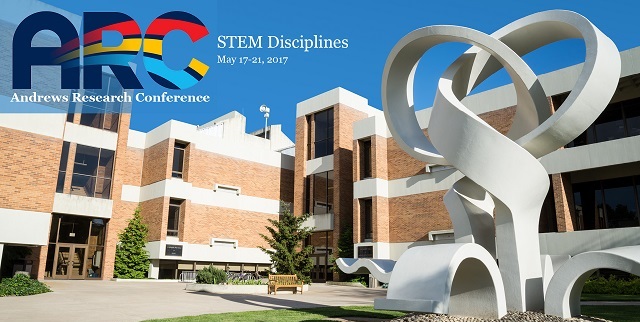“It’s More than Eating Lettuce: It’s a Matter of Rights.” Vegetarianism under the Eyes of the Human Right to Adequate Food
Presentation Abstract
Given the applicability of some Brazilian public policies for food and nutrition, such as the Organic Law on Food Security and Nutrition (LOSAN 11.346 September 15, 2006), it was observed that cultural diversity is a factor that should be considered when thinking about food and nutrition safety of a population. This way, vegetarianism as a food model can be understood as a manifestation of cultural diversity, since it represents the originality and plurality of a portion of individuals. Motivations related to health, religion, ethics and environmental sustainability have inspired more people to adopt this practice. Considering the rise of vegetarianism, more specifically in the University Restaurants (UR), this study seeks to contrast similarities and differences among the technical team regarding the perception they have about the relationship between DHAA and vegetarianism in a public university. In this way, the research took advantage of the qualitative approach using content analysis as proposed by Bardin. The Technical Manager (TM) was asked to answer a semi-structured questionnaire. As a result, nine (09) professionals were interviewed. An increase search for vegetarian options was observed because of its effectiveness in food menus. Such a search can be attributed to both vegetarian diners and omnivores accepting this preparation as an alternative to meat consumption. The role of the nutritionist as executor of public polices for food and nutrition was noted. At last, it is arguable that the UR can be characterized as privileged spaces for the materialization of DHAA although there is a long way to go for its full implementation.
“It’s More than Eating Lettuce: It’s a Matter of Rights.” Vegetarianism under the Eyes of the Human Right to Adequate Food
Chan Shun 108
Given the applicability of some Brazilian public policies for food and nutrition, such as the Organic Law on Food Security and Nutrition (LOSAN 11.346 September 15, 2006), it was observed that cultural diversity is a factor that should be considered when thinking about food and nutrition safety of a population. This way, vegetarianism as a food model can be understood as a manifestation of cultural diversity, since it represents the originality and plurality of a portion of individuals. Motivations related to health, religion, ethics and environmental sustainability have inspired more people to adopt this practice. Considering the rise of vegetarianism, more specifically in the University Restaurants (UR), this study seeks to contrast similarities and differences among the technical team regarding the perception they have about the relationship between DHAA and vegetarianism in a public university. In this way, the research took advantage of the qualitative approach using content analysis as proposed by Bardin. The Technical Manager (TM) was asked to answer a semi-structured questionnaire. As a result, nine (09) professionals were interviewed. An increase search for vegetarian options was observed because of its effectiveness in food menus. Such a search can be attributed to both vegetarian diners and omnivores accepting this preparation as an alternative to meat consumption. The role of the nutritionist as executor of public polices for food and nutrition was noted. At last, it is arguable that the UR can be characterized as privileged spaces for the materialization of DHAA although there is a long way to go for its full implementation.



